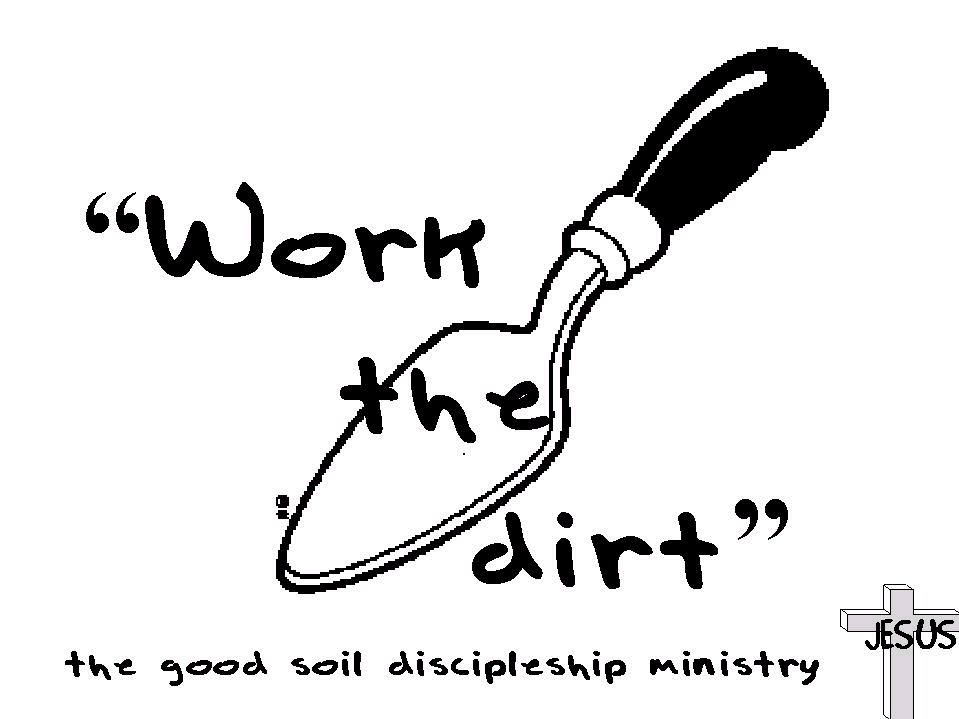
Discipleship 101
New Believer Lesson #17
The Return of the Prodigal
– The Confrontation:
“I Want You Dead”
Based on the Book,
The Return of the Prodigal Son,
by Henri Nouwen
as well as
The Cross and the Prodigal,
By Kenneth E. Bailey
By Andy Madonio
July 7, 2011
Introduction:
And he said, "There was a man who had two sons. Luke 15:11
It is very helpful at this point to have read the entire 15th chapter of Luke, and re-read verses 11-32 several times, so you have this story firmly in your mind. The story begins with a family – a father and his two sons. The story begins with the most sacred, important seed of relational strength created in the mind of God, the functional building block of humanity – the family. The family in Jesus’ parable however, has severe issues hindering the life-sustaining relationships God envisioned.
It is also helpful to remember that when reading Jesus’ parables, you are asked to see yourself in the parable. Which character are you? Which one have you been in the past, and which one may you become in the future? The parable seeks your introspection and careful self-analysis.
I Wish You Were Dead:
“And the younger of them said to his father, ‘Father, give me the share of property that falls to me.’ And he divided his living between them.” Luke 15:12
When the younger son of Jesus parable remarks, “Father, give me the share of the property that falls to me,” what he was really saying was, “Father, I wish you were already dead so I could have the money I will inherit now.” His father would have plainly understood what the younger son’s cruel words meant. A normal Middle Eastern father of Jesus day would have been shocked, then furious. The laws of that time allowed a father, if he wished, to grant such a ridiculous request, but the father would normally have kept ultimate control of the assets of the estate until his actual death. The father may cede possession of the estate while he is alive, but he would maintain disposition of the estate – control of the assets and disbursement of funds – until he dies.
Surprisingly, in Jesus parable, the father allows the younger son’s request for his share of the estate, liquidating personal estate assets to provide the lawful amount for the younger son: one-third of the value of the estate sold and reduced to cash. The eldest son’s portion would be two-thirds of the estate, the entire remainder.
The father of this parable didn’t utter a word of argument; he wasn’t seen becoming angry, resentful, or heard to utter one syllable of offence. How like our heavenly father this is! He owns the cattle on a thousand hills; he needs nothing of earthly resource, having the ability to speak into existence anything he desires . . . except the love and admiration of his creation. He has given us everything we need for life and godliness, but he, like the father in the parable, retains the right of disposition of the resources he has already granted us on this earth.
?
Have you ever wished someone you knew could die, thinking it would benefit you? How about God; have you ever wondered if his death would help you in any way? Maybe you only wanted him to go away and leave you alone for a while so you could “do your thing” without his knowledge. Would you like God to give you some privacy – to “die” temporarily, thereby allowing you some “freedom”? If so, why, and if not, why not?
______________________________________________________________________________________
______________________________________________________________________________________
______________________________________________________________________________________
______________________________________________________________________________________
The Departure to a Far Country:
Not many days later, the younger son gathered all he had and took his journey into a far country, and there he squandered his property in loose living. Luke 15:13
As Nouwen states, “The son’s ‘leaving’ is, therefore, a much more offensive act than it seems at first reading. It is a heartless rejection of the home in which the son was born and nurtured, and a break with the most precious tradition carefully upheld by the larger community of which he was a part. When Luke writes, “and took his journey into a far country,” he indicated much more than the desire of a young man to see more of the world . . . The “far country” is the world in which everything considered holy at home is disregarded” (The Return of the Prodigal, pg 36).
Making this parable personal, Nouwen continues introspectively: “Leaving home . . . is a denial of the spiritual reality that I belong to God with every part of my being . . . ignoring the truth that God has “fashioned me in secret, molded me in the depths of the earth and knitted me together in my mother’s womb.” Leaving home [for a far country] is living as though I do not yet have a home and must look far and wide to find one” (The Return of the Prodigal, pg 37).
?
Have you ever left “home,” the place of the father, for someplace else (physically, spiritually, mentally, emotionally) you felt was more important? Explain.
______________________________________________________________________________________
______________________________________________________________________________________
______________________________________________________________________________________
______________________________________________________________________________________
The Elder Son’s Lostness:
The majority of this story has been a dialogue between the father and the younger son. What is strikingly absent thus far is the involvement of the elder son. In Jesus day, the Middle Eastern family is part of a village community in which everything is known by everyone, and almost everyone in the clan is related by birth, blood or marriage.
The traditional role of the elder son in a such a family would be as a “father-in-training,” meaning the dispute between father and younger son would certainly be known by the elder son, and he would be expected to play a part. If there is a dispute in a Middle Eastern village family, the two parties in question never make up directly, and there can be no clear “winner” or “loser”; the concept is unthinkable in this cultural setting. Instead they seek the counsel of a mediator; a third party who acts a reconciler between the two disputers.
In this story, the natural mediation role would fall to the elder brother, thus allowing someone with full knowledge of the details and the family dynamics, and able to keep the entire issue somewhat private. But where is the elder brother in Jesus’ parable? He is silent! He refuses to fulfill his traditional and expected responsibility.
If the prodigal younger son is traditionally seen as the “lost” one, the person running from God, the elder brother is considered someone firmly ensconced IN the family. In this parable, tradition has cast him as representing the church – those IN God’s home. He wants to be seen at home with the father, he is a “homebody,” a “churchbody,” if you will. He is in attendance without fail, whether he wants to or not, whether he prays or not, whether he has any love or not. The elder son certainly didn’t ask his father for his share of the estate; he didn’t brazenly tell his father he wished he were dead, but what did he do as a family member in good standing? Nothing – meaning: he is not in good standing with his family.
The elder son may still be in the home, but he is far away spiritually from his father. He is just as “lost” as the younger son, because he hates his brother enough to refuse to intercede and mediate the situation, and he has no real respect for his father because he refuses to lift a finger to save the family from this embarrassing confrontation.
As disciples, apprentices of Jesus, we are at some point called to be the elder son, practicing to be the father, mediating between siblings, taking responsibility, loving the unlovable and the unloved, making sure the world sees our “family” in the best light possible. In Jesus’ parable, we see the tremendous importance of this role, and we also see the terrible price paid by the family (the church of Jesus) when we shirk our duty.
?
Are you an elder son today? Have you been one in the past? Can you see in your life, or the lives of those around you, the terrible price members of Christ’s body pay when the family is not self-policing and self-healing? Prodigals do what prodigals do, and we can’t expect much from them, but the elder sons should know better. Can you fill this role in your body of believers and thus strengthen the family of God?
______________________________________________________________________________________
______________________________________________________________________________________
______________________________________________________________________________________
______________________________________________________________________________________
See you in Lesson #18!
[Note – This lesson can be downloaded in PDF format for printing or sharing]
